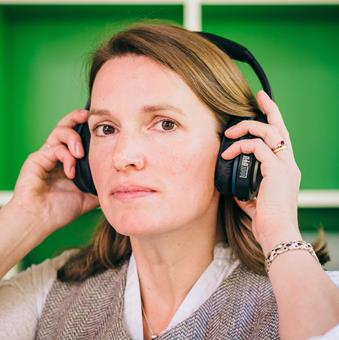Every day in Swedish preschools, food is thrown out due to 'plate waste': food left uneaten by young children who either didn't like the food or can't eat any more. This is not just about being wasteful; it's a fine balance between learning about food preferences, satiety, and daring to taste new foods. It's as much about social interaction as it is about food.
Interaction at the table
This project investigates the preschool meal as a social practice, where children as well as staff interact through different modalities: language, facial expressions, and gestures. We focus specifically on the occasions that contribute to plate waste on, such as when food is served onto plates at the start of the meal, or before clearing up, where children and teachers negotiate whether they have eaten enough.
A large data corpus of previously video-recorded preschool meals will be used in the project. Using two overlapping theoretical and methodological approaches - ethnomethodology and discursive psychology - we examine underexplored aspects of how individual eating habits and institutional arrangements are constantly negotiated around the table - and how, too often, they contribute to food waste. The analysis will focus on discursive practices and embodied interaction to examine how psychological aspects of eating behavior – such as food likes and dislikes, taste, and satiety – are handled in interactions between teachers and children, or between children themselves. It is these practices that determine, for example, how much food is taken, and how much is left on the plate at the end of the meal.
Educational resources
Toward the end of the project, educational materials will be produced in collaboration with preschool staff and the children so that they can work together to reduce plate waste. These will be based on communication strategies that can be used to ensure that more food ends up in the tummy, not in the bin.




